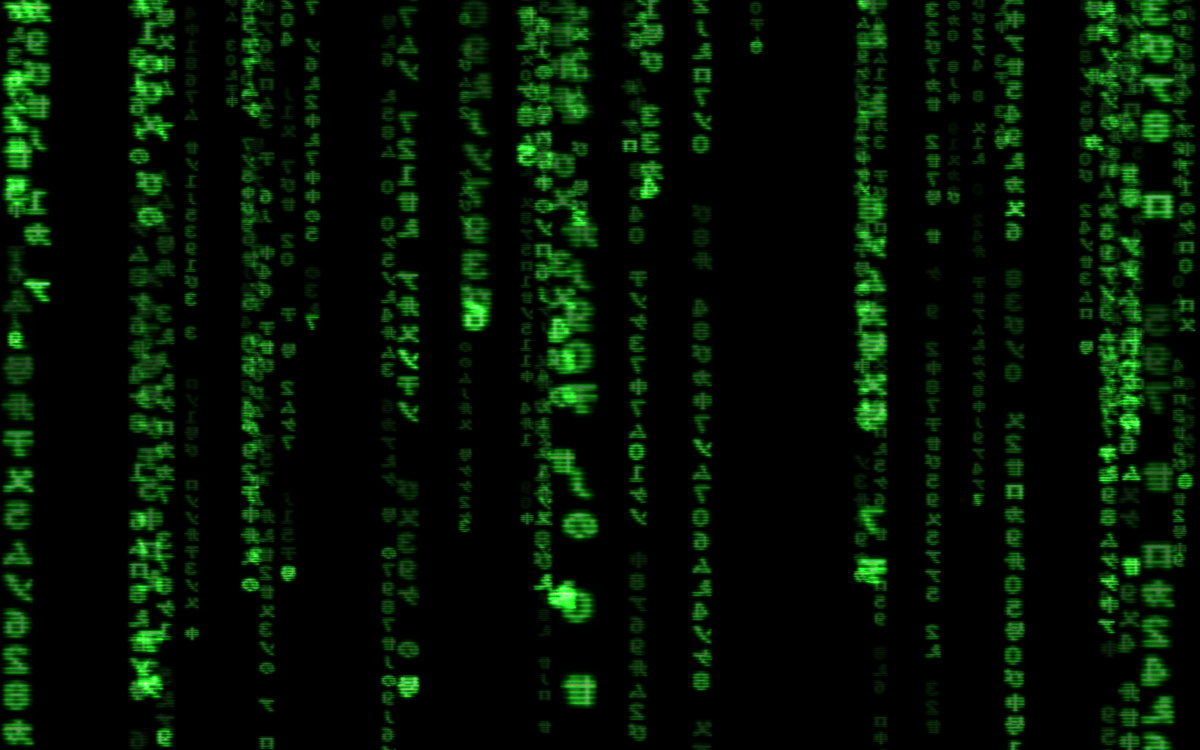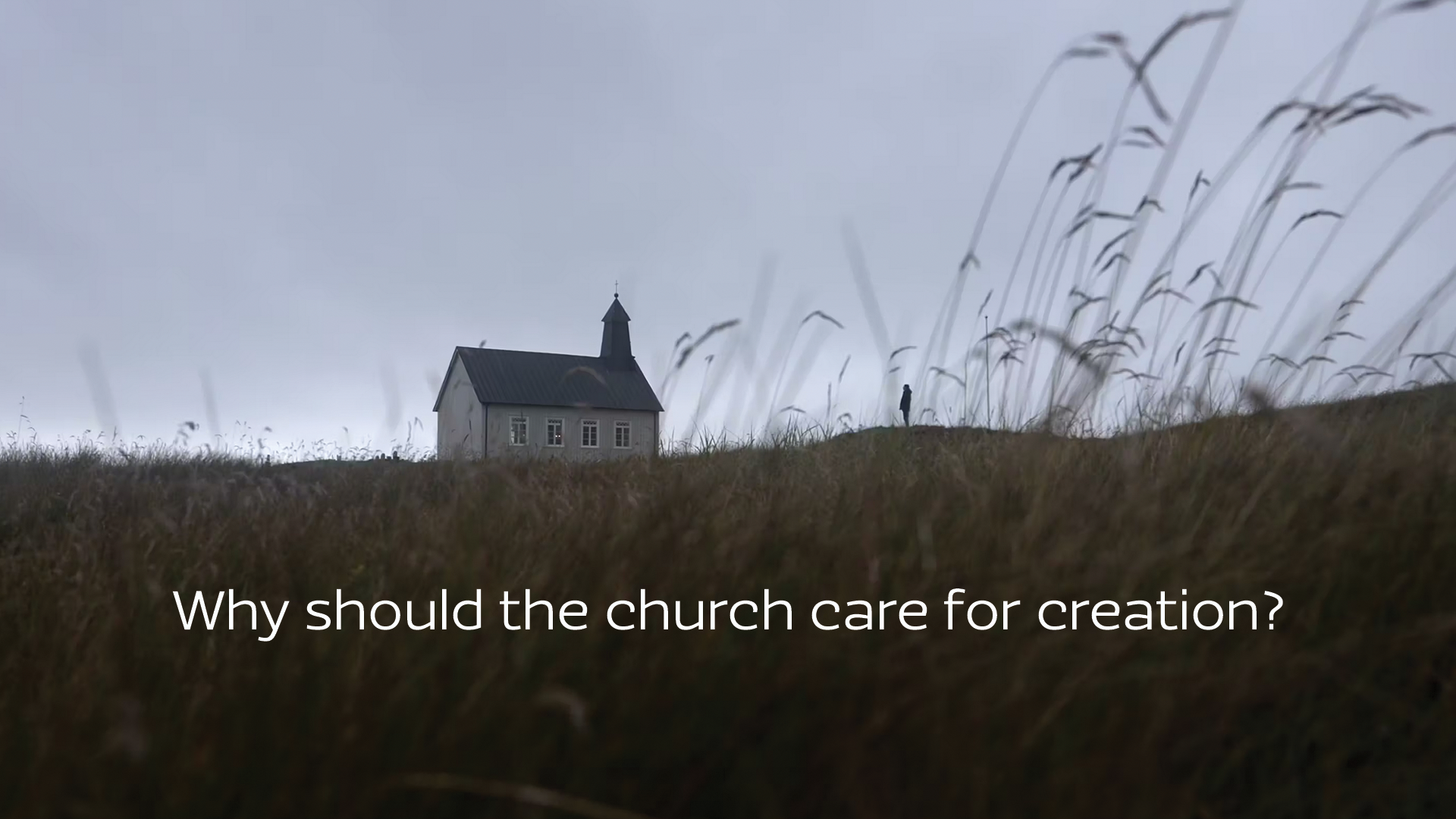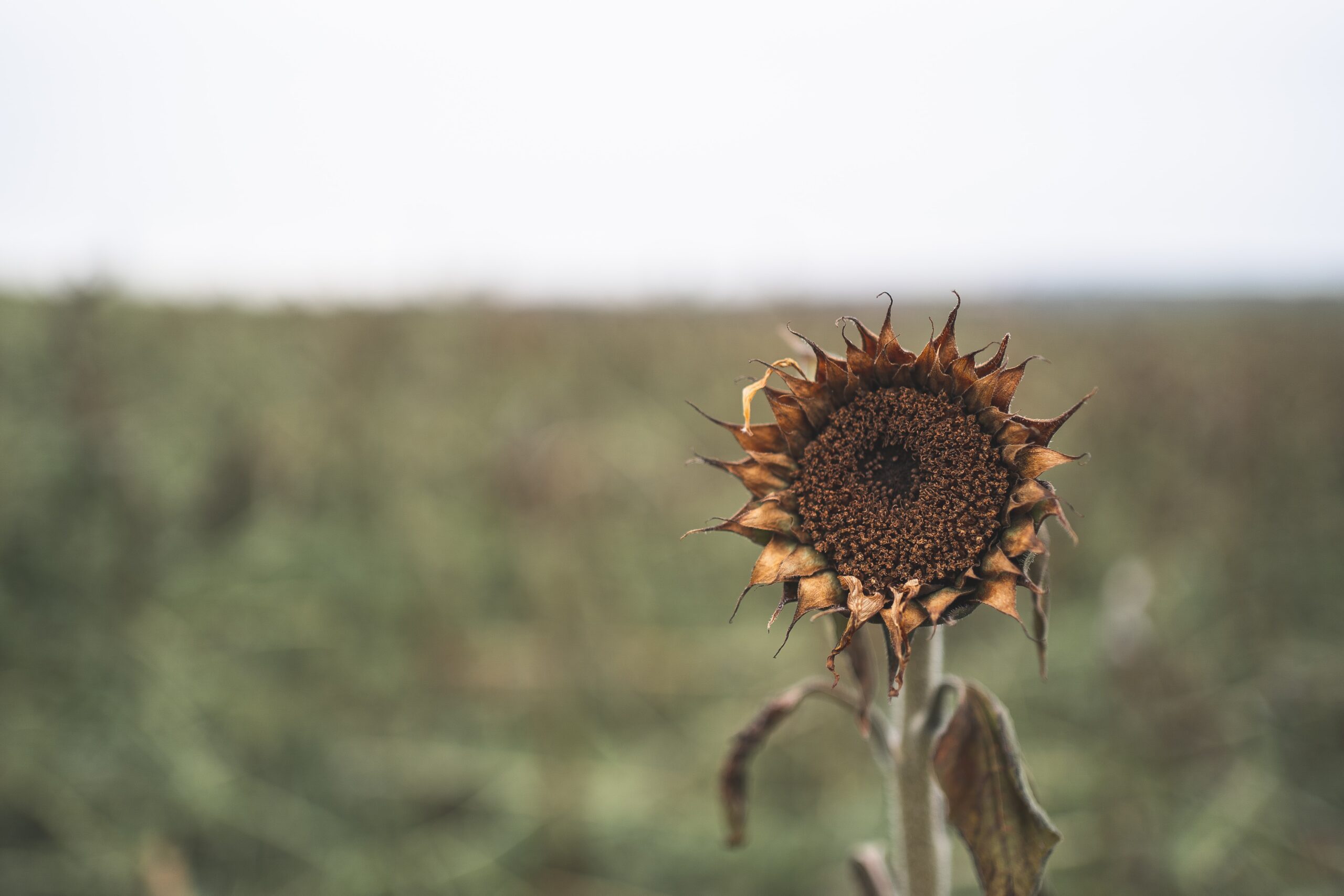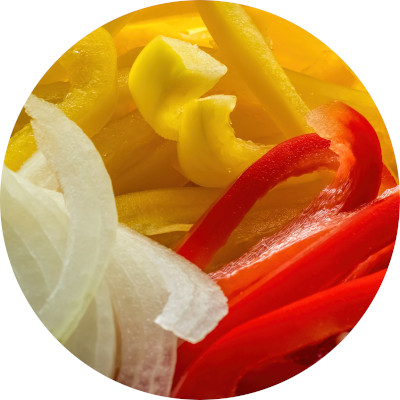Are humans the virus species?
In the film The Matrix, Agent Smith (actually a super-computer in human shape) says: “I’d like to share a revelation that I’ve had during my time here. It came to me when I tried to classify your species. I realized that you’re not actually mammals. Every mammal on this planet instinctively develops a natural equilibrium with the surrounding environment, but you humans do not. You move to an area, and you multiply, and multiply, until every natural resource is consumed. The only way you can survive is to spread to another area. There is another organism on this planet that follows the same pattern: a virus. Human beings are a disease, a cancer of this planet. You are a plague, and we are the cure.”
The idea of humans as a virus species is becoming increasingly widespread, and with good reason. Human numbers grow exponentially as we feed parasitically on the ‘body’ of the earth. No part of the planet is left untouched as we swarm over it, multiplying, polluting, consuming, destroying. Whereas most species live in balance with their ecosystems, we seem incapable of doing so.
Yet most Christians react in horror at the idea. Surely we are ‘made in the image of God’? Aren’t we the most special of all species? How could we be a virus on planet earth? After all, hasn’t God entrusted creation to our care?
I want to suggest we need to listen a bit harder to humanity’s critics, and look again at what the Bible actually says about the human place in nature (ecological anthropology). After all, wasn’t it humans made in God’s image who introduced sin and death into creation? Isn’t it human behaviour that, according to Hosea 4:1–3, causes birds, beasts and fish to die, and the land to mourn? We may not actually be a virus, but we are deeply infected with a viral illness. The ecological impact of our arrogance and greed is amongst the clearest evidence of sin in the world today.
So where does that leave caring for creation, being good stewards? Is it a hopeless task? Yes and no. We need to rediscover an appropriate ecological humility. We are no better than our fellow creatures – in many ways we’re worse. Left to our own devices, James Lovelock is right when he says, “I would sooner expect a goat to succeed as a gardener as expect humans to become stewards of the earth”. Yet, astonishingly, we have been chosen – not because of who we are but because of who God is (so we can’t take the credit). We are simply one part of God’s biodiverse creation, yet we have been called apart within it. Genesis 1 and 2 clearly present us as double-natured: both made in God’s image and made from the dust of the earth. Unless we hold these together we’ll keep messing up the task of conservation and sustainability. The call to steward the earth – to serve and conserve its creatures – is no excuse for arrogance and overconfidence. It needs a deep humility, a profound sense of interdependence, and – I would argue as a Christian – knowledge of our need of God.
We are happy for our blogs to be used by third parties on condition that the author is cited and A Rocha International, arocha.org, is credited as the original source. We would be grateful if you could let us know if you have used our material, by emailing [email protected].





Way back when I was thinking of being a father for the first time, I thought long and hard about this. Consciously putting yet another human being on the face of the earth—isn’t that the most un-ecological thing one can do? Someone else to add to the human footprint, which tramples upon too much of this small, fragile and beautiful planet.
A complex issue, with a lot to it. The gist of my own conclusion was:
1. I’ll shrink my own footprint and not complain about the impact of others (including unborn ones)
2. I’ll raise my child so that her life will make a net positive impact. Humans can ravage the earth, but they’re also the only ones who can rescue it—it’s not dolphins who encourage each other to live lightly! So there’s hope for humans yet.
3. I’ll adopt instead of “just” making my own babies. That way, I can have a child without putting him into this world—he was here already.
4. I’ll depend on God’s mercy and wisdom through it all, and not on my smartness or goodness.
The reference to Hosea 4.1–3 caught my attention. I had never considered it before.
As I look closely at the passage, without consulting any commentaries, I wonder whether the point is that people would waste away in the same way the animals do, or whether the humans are causing the wasting away of animal life?
I think, Dave, that you would say the latter.
Is it also possible that the passage refers to part of the punishment for Israel’s sin, kind of like, when God destroyed Sodom and Gomorrah, it left the land desolate?
Thanks for your thoughts and for the introduction to my mind of Hosea 4.
This past New Years Eve I watched a tv program which speculated what would happen to the earth if the human race disappeared. I have to admit that I felt relieved that the earth would eventually restore itself and all traces of this species would disappear after a few thousand years. I said to myself, Thanks God for restoring your creation. I think humanity needs to do away with the conceit that we ultimately matter in this universe. I do believe in God, but not in the supernatural theist sense. We have evolved to become somewhat aware of that thing we call God and personalize it with our myths, rituals, and religion. I hope that we can survive ourselves.
God…God…God! We always say god gave us this earth but why do we always make that another excuse to do nothing about this. I know nothing I say will make a difference. We will drive this earth to its death and then when we are all gone and the earth either flaming from out warfare or filled with our pollutants the world will erase us and begin anew and maybe not mistakenly make us again.
We are simply out of balance, not a virus. All species are competing at all times. Look at invasive species for example. They appear virus-like when there is nothing to slow them down, but in their native land they are just another ordinary string in the web of life. We have this interesting ability to contemplate our own existence and analyze things. Other creatures are too worried about being killed or getting enough food so their babies don’t die. I’m totally a preserve nature for our sake, not its own. who cares what the Earth looks like if humans don’t exist? I say to whoever feels that Earth is better off without humans, put your money where your mouth is and end your own life.
Balance will be restored eventually, but I don’t see humans ever fully disappearing anytime soon. Even if a virus killed 99%, there are still some that would be so off-the-grid and isolated they wouldn’t even know anything happened. That 1% would repopulate and perhaps the cycle would begin again. If there is anything to define humans, its adaptability.
Yes Mother Nature is going to cull the herd sooner or later………….There will be people who survive and MAYBE they will get it right next time around………………
Yes we are a virus on the Earth. At the very least the most corrosive.
I like to say we’re a viral parasite to this world and possibly to other worlds if we’re able to make it there. Humanity’s arrogance means absolutely nothing to the universe and the forces we scarcely understand. Our significance is nil. We only like to put ourselves on pedestals.
Sooner or later, our pedestal is going to crumble or be torn down.
look at this scenario: an ant walking in front of you.
From your perspective you can understand,that, this is an ant, you have so much, you are millions times more sophisticated and understand their world.
From the perspective of the ant, they no have the mind to understand what we are, they just want to survive, they do not how, but their instinct is survive.
HUMANS, we are a kind of organic living mass, just like the ant. we just want to survive. Doesn’t matter if you want to call it, virus or not. some how virus want to survive as well.
Maybe earth is a kind of organic living mass, and humans can’t not understand earth. just like ants can not understand humans.
this is all what a have to say, don’t waist your time by trying to understand something that your living mass doesn’t let you understand we do no have the mind to do it.
totally agree with you .. when mother earth finally has had enough and kills every human by water, fire , or virus….or we humans blow ourselves up either way we are doomed …. society is an illusion and the planet is Pompeii……
I don’t think we are a virus. Unlike a virus, if we wanted to stop hurting the planet, we could. But the simple fact is we don’t want to. There are many individuals that want to stop hurting the planet, but they are not the majority and even within that group of individuals only a small minority of them practice what they preach.
Indeed it will. If we all can comprehend, unless we act upon listening to earth or “healing” (just like an immune system does) instead of stealing and ravaging earth, we will only diminish ourselves. Therefore humans possess one choice: to damage or to heal. Precisely, how we can spread our destructive ways, or how we can fulfill a harmonious place with consciousness (or decisions in our case) to live substantially with earth. Upon this post I found there are others who have known that, and there are others who follow their instinct. We are clearly here to see what others of our species do not find clear.
God is a parasite.feeding off souls. Consuming death itself. We are a virus and the earth is our home.
dave-the majority of us need a god i think this is part of our addictive nature its a bit like a drug and its reactions- but we are nature like a virus and will fulfill our evolutionary destiny.
When you check it out, earth has become a white mans world, they own all the banks, own all the major companies of the world, have pillaged every single indigenous culture around the world and taken over… When you really look deep into it, indigenous people lived at one and in harmony with the land it was the white man who came and ruined that in his greed and insatiable quest for power so therefore it is the white man that is the virus on this earth!
Its unfortunate you could somehow spin this into a race issue. Even though it has some merit, but that is an unchangeable and unfortunate past. “The MOST complicated infestation of vermin” would be the best definition. We are the termites in a log cabin, the rats that carried the plague, only difference is we know what we’re doing. Which makes its arrogant to believe some deity made us the protector of anything
Humans are both a virus and the cause of the current ongoing mass extinction. Not only do we consume space with complete and wonton disregard to other species, we have absolutely no compacity for self management or ecological co-existence. People ask why advanced alien species haven’t contacted us . . . WHY WOULD THEY? We have NOTHING to offer any species that could span the stars other than how to reproduce beyond capacity and self-hatred. Trust me, if they are spanning the stars, there is NOTHING we have to offer.